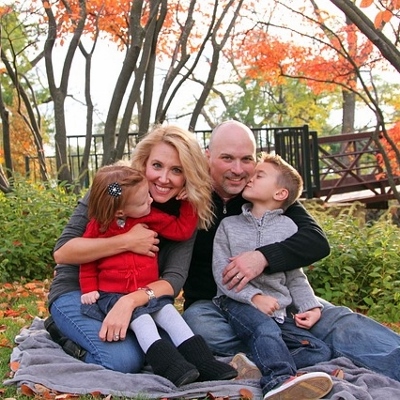 Developing effective habits in elementary age children can seem daunting. Invariably, parents meet with resistance and even a few tears as they try to implement or change behaviors. For instance, a harried mother may wish her child would complete homework right after school instead of always pushing the task off for completion at a later hour. If the mother stands her ground, and she doesn’t waver in her desire for this change in behavior, the change will come — eventually.
Developing effective habits in elementary age children can seem daunting. Invariably, parents meet with resistance and even a few tears as they try to implement or change behaviors. For instance, a harried mother may wish her child would complete homework right after school instead of always pushing the task off for completion at a later hour. If the mother stands her ground, and she doesn’t waver in her desire for this change in behavior, the change will come — eventually.
Forming a New Habit
A recent article by Michael Rosengart on the website examiner.com explains that it can take up to 66 days to form a new habit. Researchers at University College in London completed a study to determine this timeline. The take away from this tidbit of information? That working with a child to form a new, more positive habit will take plenty of time. There will be no quick fix.
As in the case of the busy mother, she could adopt the mantra the she needs the homework completed at a decent hour, so she still has enough energy to help if needed. She could also stress a beneficial result from having school work done early, including time to play a board game or to read a book for pleasure.
The change may not occur in a week or even a month, but eventually, with continued patience, a child will begin to adopt the new way of completing homework.
Healthy Hygiene Habits
In addition to study habits, many parents face problems when working to instill proper hygiene habits in their children. Brushing teeth, flossing, cleaning ears, and taking baths can seem like a waste of time to children this age; however, a parent must enforce healthy habits that will last a lifetime. They must do this for the health of the child.
Parents can help children form healthy hygiene habits in a number of ways. First, just like developing effective work habits, children need guidance when it comes to proper personal care. Establish set rules for brushing teeth, at least twice per day, and taking baths when dirty.
It’s important to stress that as kids enter puberty, they will need to wash more often. Hair begins to be greasy, and the underarms will begin to smell. It may be hard for a child to grow up, but if mom and/or dad help steer him or her towards correct hygiene, it will be a lot easier.
Next, enforce the new rules. This takes work. Check a child’s ears; ask how the tooth brushing and flossing has been going. Basically, just because a child does not allow a parent into the bathroom anymore, doesn’t mean the parent can relax. Help the child see how important keeping clean is for health and social reasons by keeping tabs on how they complete the tasks.
Light at the End of the Tunnel
Although it takes time to help a child develop healthy habits, the benefits pay off in the long run. Managing homework and cleanliness will help a child to better succeed in life.










